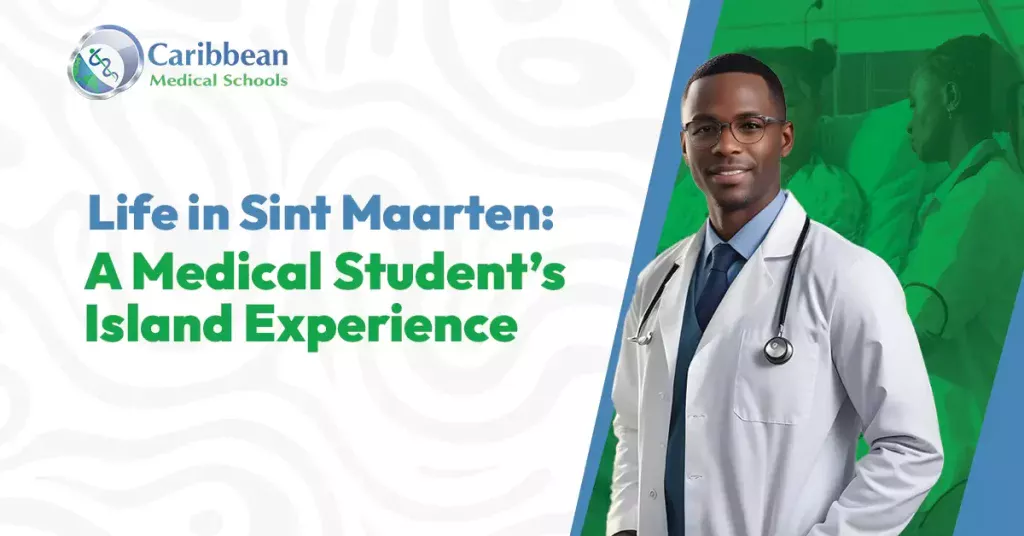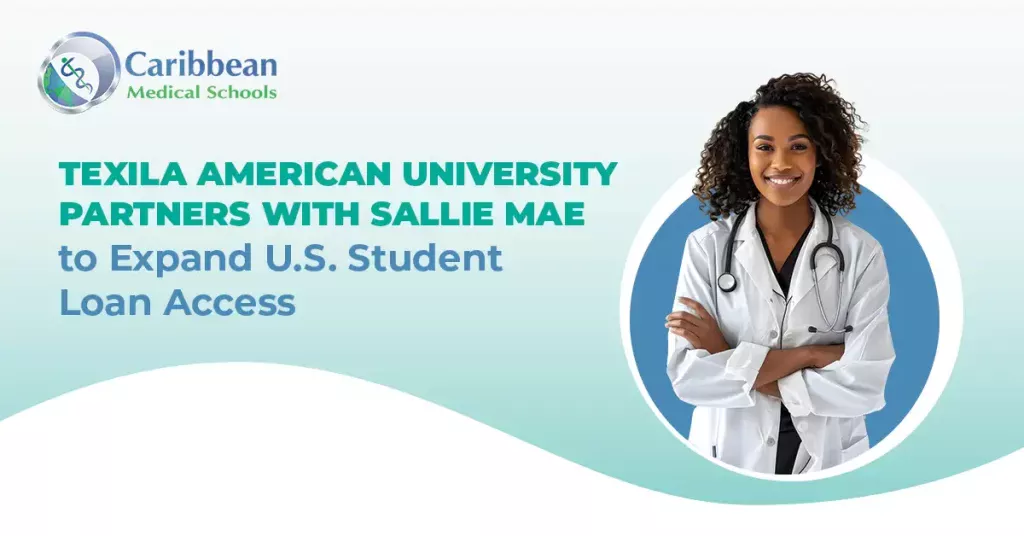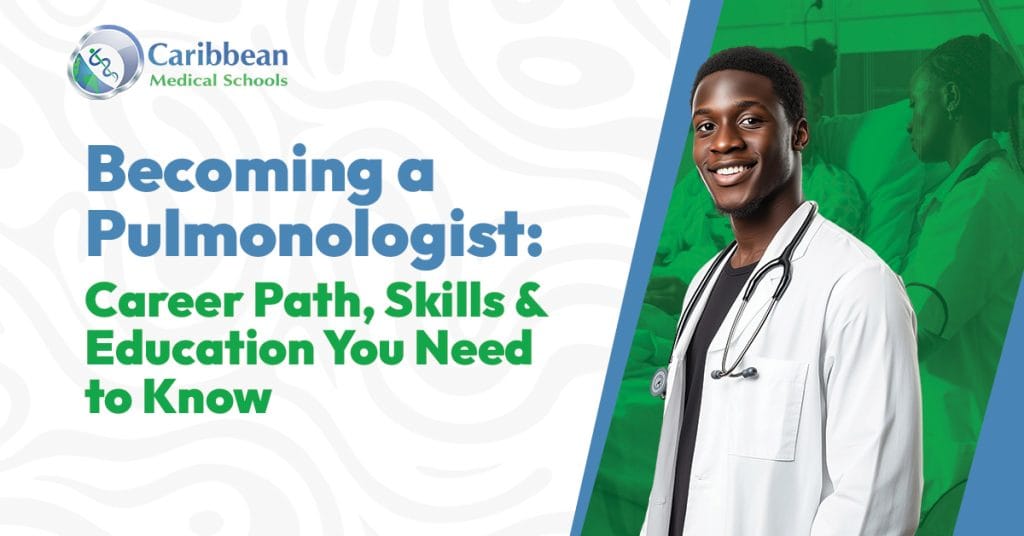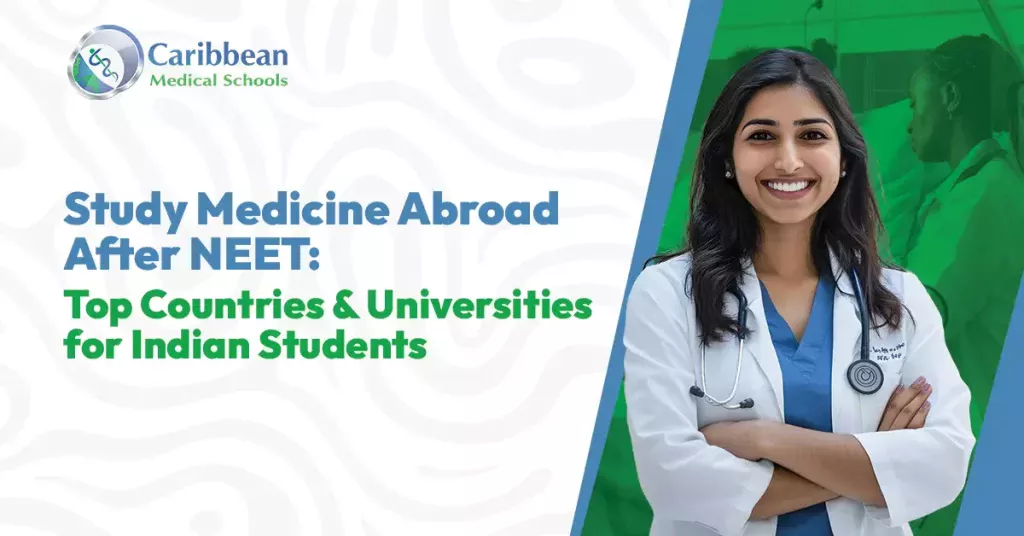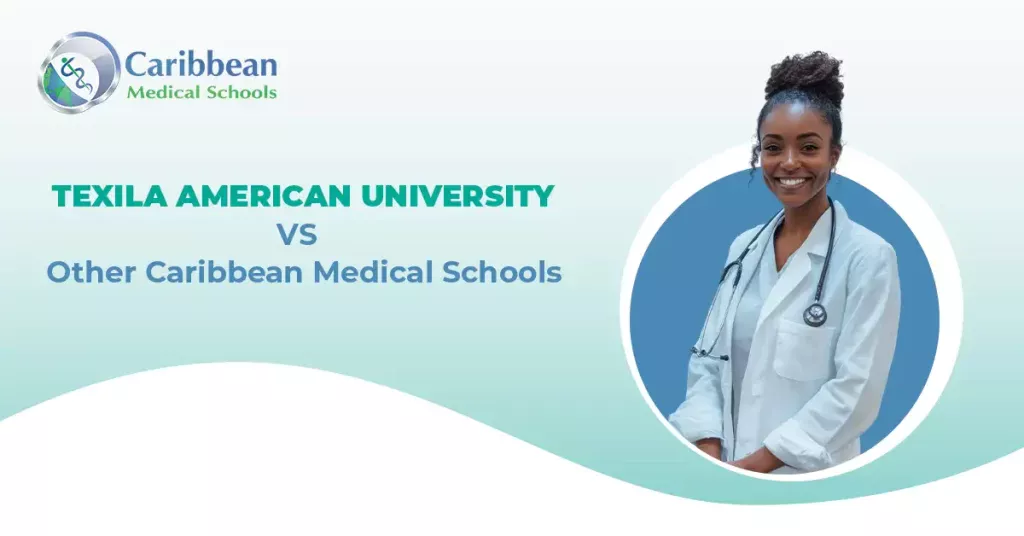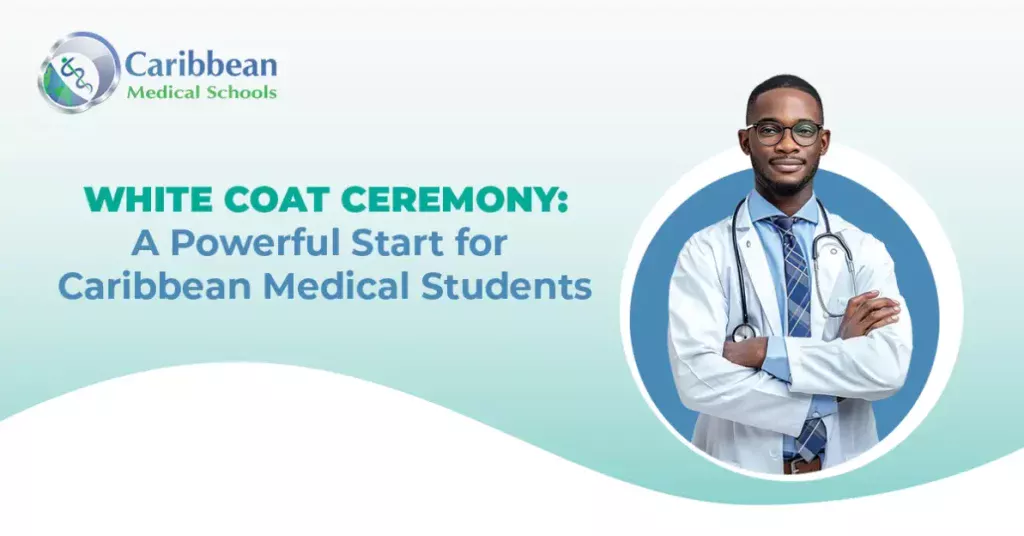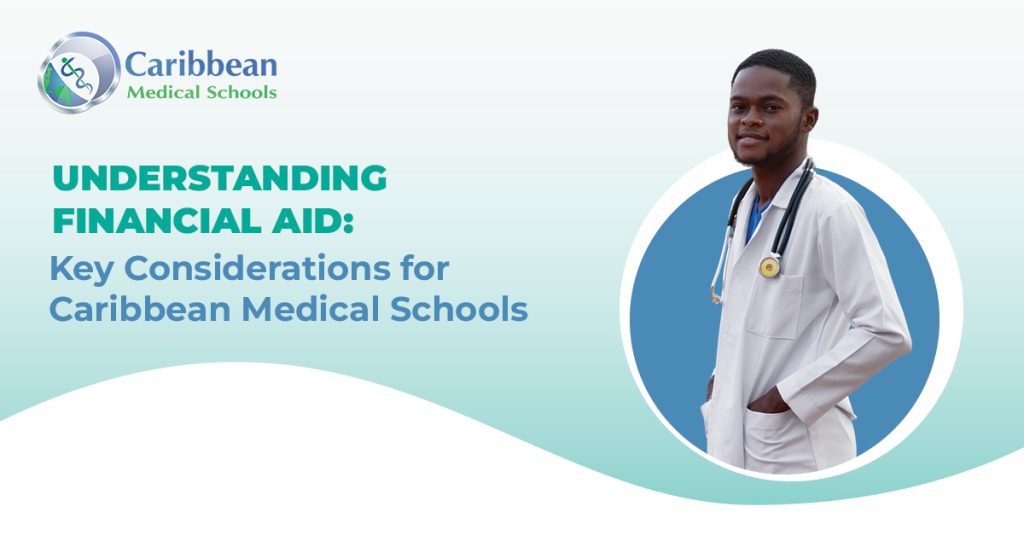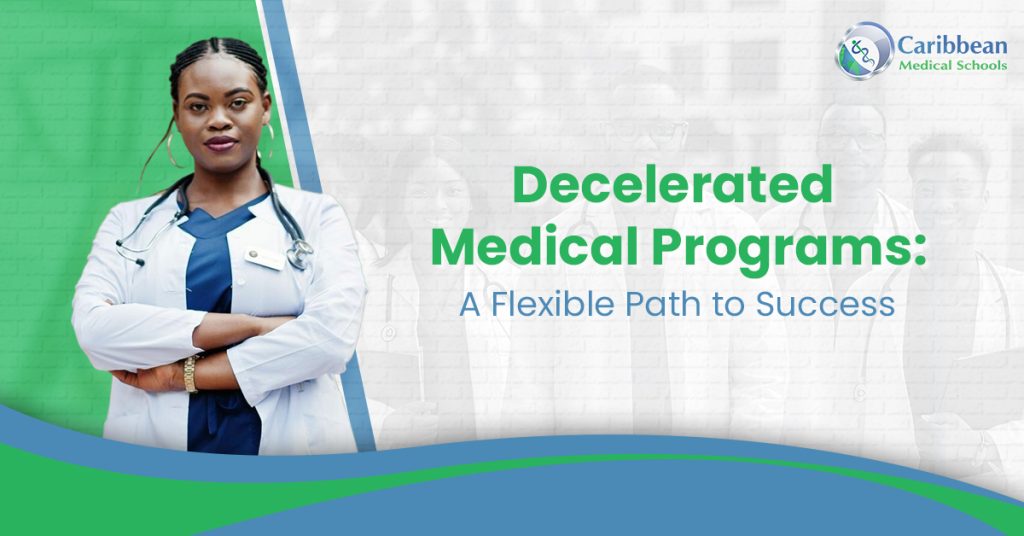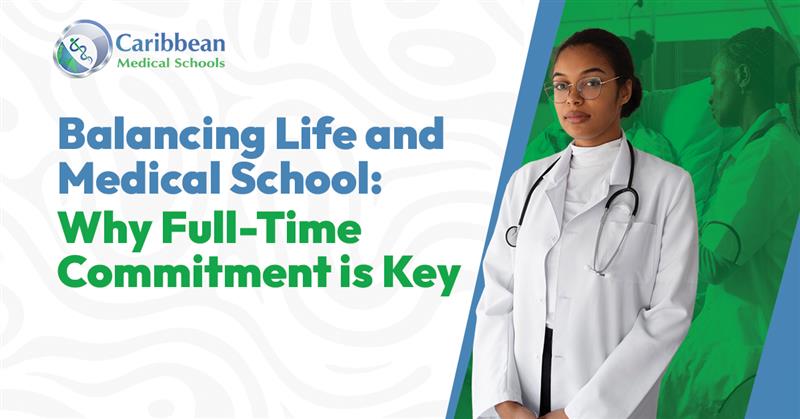Blog Summary:
Caribbean medical schools are renowned for their vibrant and inclusive learning environments, nurturing future healthcare professionals with a holistic approach to education. These institutions prioritize diversity, resilience, and well-being, fostering a culture where differences are celebrated, and students learn to adapt and persevere in facing challenges. Through compassionate care and a commitment to global citizenship, students develop empathy and cultural competence, preparing them to address healthcare disparities and advocate for health equity. With a focus on lifelong learning and ethical leadership, graduates emerge as skilled practitioners and agents of positive change in their communities and beyond. By instilling values of integrity, compassion, and continuous growth, Caribbean medical schools shape individuals poised to lead purposeful and fulfilling lives in the dynamic field of medicine.
Content Top Picks
In the bustling world of medical education, Caribbean medical schools stand out as vibrant hubs of learning and growth. Beyond just training future physicians, these institutions hold a treasure trove of wisdom that extends far beyond the classroom. In this article, we’ll uncover seven secrets to a thriving life inspired by the ethos of Caribbean medical schools. From embracing diversity to fostering resilience, these principles offer invaluable insights for living a fulfilling and meaningful life.
Embrace Diversity
Caribbean medical schools serve as melting pots, welcoming students from diverse backgrounds. This rich tapestry of cultures, ethnicities, and socioeconomic statuses fosters an environment where differences are celebrated rather than marginalized. Students gain invaluable exposure to different perspectives and experiences through interaction with peers from varied backgrounds, broadening their understanding of the world.
This exposure cultivates empathy and respect for cultural nuances, which is essential for effective healthcare providers in our increasingly diverse society. By embracing diversity, Caribbean medical schools prepare students to navigate the complexities of patient care with sensitivity and cultural competence, ultimately improving health outcomes for all individuals.

Cultivate Resilience
Resilience is a cornerstone of success in the demanding field of medicine. Caribbean Medical universities recognize this and prioritize cultivating resilience in their students. Students learn to adapt and persevere in adversity through rigorous academic curricula, hands-on clinical experiences, and exposure to challenging situations. This resilience helps students thrive academically and equips them with the mental fortitude needed to navigate the inevitable obstacles they will encounter throughout their medical careers. By fostering resilience, Caribbean medical schools empower students to confront challenges head-on, emerge stronger from setbacks, and ultimately excel as compassionate and resilient healthcare professionals.
Prioritize Well-Being
In the fast-paced world of medical education, prioritizing well-being is paramount. Caribbean medical schools understand the importance of nurturing their students’ physical, emotional, and mental health. These institutions create a supportive environment where students can thrive through comprehensive wellness programs, access to counselling services, and initiatives promoting work-life balance.
By prioritizing well-being, top-ranked medical Schools in the Caribbean enhance their students’ academic performance and retention and instil lifelong habits of self-care and resilience. Ultimately, prioritizing well-being ensures that future healthcare professionals can provide their patients with the highest quality care while maintaining their health and wellness.
Practice Compassionate Care
Compassionate care lies at the heart of effective healthcare delivery. Caribbean medical schools recognize this and strongly emphasize nurturing empathy, kindness, and human connection in their students. Through hands-on clinical experiences, mentorship from compassionate faculty members, and coursework emphasizing patient-centred care, students learn to see beyond the diagnosis and treat the whole person.
By practising compassionate care, students improve patient outcomes and find greater fulfilment and purpose in their roles as healers. Caribbean medical schools understand that compassionate care is not only a skill to be learned but also a mindset to be cultivated, and they are committed to instilling this ethos in their students.
Foster Lifelong Learning
Medicine is a dynamic field, constantly evolving with discoveries and advancements. Caribbean medical schools instil a love for learning in their students that extends far beyond graduation. Through rigorous academic coursework, opportunities for research and scholarship, and a culture that values intellectual curiosity, students are inspired to pursue lifelong learning.
By fostering a continuous growth and development culture, Caribbean medical schools empower students to stay abreast of the latest medical advancements, provide the best possible care for their patients, and contribute to advancing the field. Lifelong learning is not just a professional obligation but a source of personal fulfilment and intellectual enrichment for graduates of Accredited Caribbean Medical Schools.
Embody Ethical Leadership
Ethical leadership is a cornerstone of medical practice, guiding every interaction between healthcare providers and their patients. Caribbean medical schools understand the importance of upholding the highest standards of integrity, honesty, and professionalism in their students. Students learn to navigate complex ethical issues with integrity and compassion through coursework in medical ethics, discussions of real-world ethical dilemmas, and mentorship from faculty members who lead by example.
By embodying ethical leadership, graduates of Caribbean medical schools inspire trust, promote patient safety, and contribute to the ethical advancement of healthcare. Ultimately, ethical leadership is not just a professional obligation but a moral imperative for all healthcare providers, and Caribbean medical schools are committed to instilling this principle in their students.

Promote Global Citizenship
Healthcare is a global issue that transcends borders and boundaries. Caribbean medical schools recognize the interconnectedness of health worldwide and promote a sense of global citizenship among their students. Through opportunities for international rotations, engagement in global health initiatives, and service-learning experiences in underserved communities, students gain a broader perspective on healthcare disparities and the social determinants of health.
By promoting global citizenship, Top Caribbean Medical University prepare students to address global health challenges, advocate for health equity, and positively impact communities worldwide. Ultimately, by thinking globally and acting locally, graduates of Caribbean medical schools can contribute to a more just and equitable world.
Conclusion
Caribbean medical schools are not just institutions for academic learning; they are bastions of holistic education, shaping future healthcare professionals imbued with empathy, resilience, and a commitment to global citizenship. By embracing diversity, fostering resilience, and prioritizing well-being, these schools cultivate a generation of physicians equipped to navigate the complexities of patient care with cultural competence and compassion.
Through a relentless dedication to lifelong learning and ethical leadership, graduates of Caribbean medical schools emerge not only as skilled practitioners but also as advocates for health equity and agents of positive change in their communities and beyond. With a firm foundation in compassionate care and a global perspective on healthcare, these individuals are poised to lead lives filled with purpose, meaning, and fulfilment, impacting the world of medicine and beyond.
FAQs
What makes Caribbean medical schools unique?
Caribbean medical schools offer a diverse and inclusive learning environment, fostering resilience, prioritizing well-being, and promoting global citizenship.
How do Caribbean medical schools support student well-being?
Caribbean medical schools prioritize student well-being by offering wellness programs, counselling services, and mindfulness workshops to help students maintain their physical, emotional, and mental health.
What role does compassion play in Caribbean medical education?
Compassion is central to Caribbean medical education, as students learn the technical skills of medicine and the importance of empathy, kindness, and human connection in providing quality patient care.
How do Caribbean medical schools promote lifelong learning?
Caribbean medical schools foster a culture of lifelong learning by encouraging students to embrace curiosity, pursue their passions, and continue growing throughout their careers.
Why is ethical leadership important in medicine?
Ethical leadership is crucial in medicine. It upholds the highest standards of integrity, honesty, and professionalism, ensuring patient safety and contributing to the ethical advancement of healthcare.


